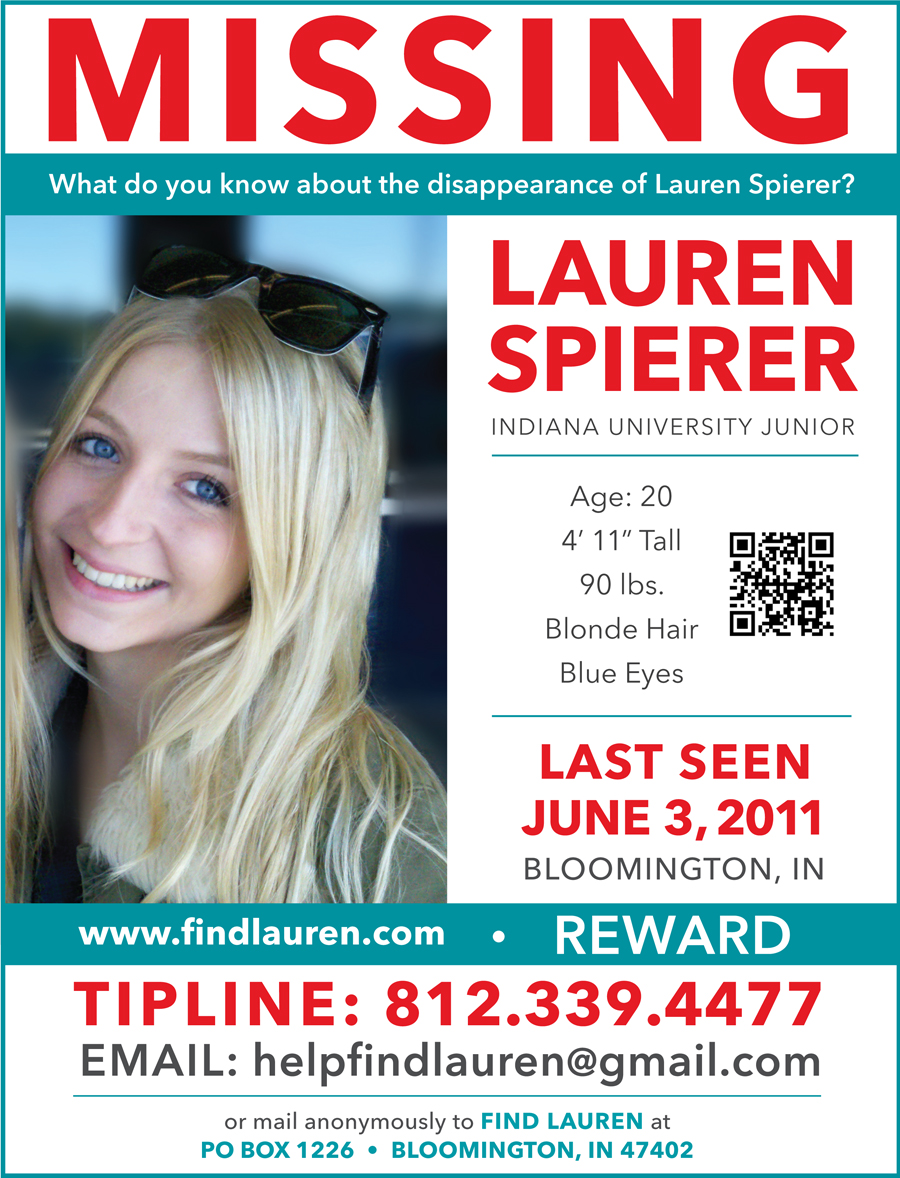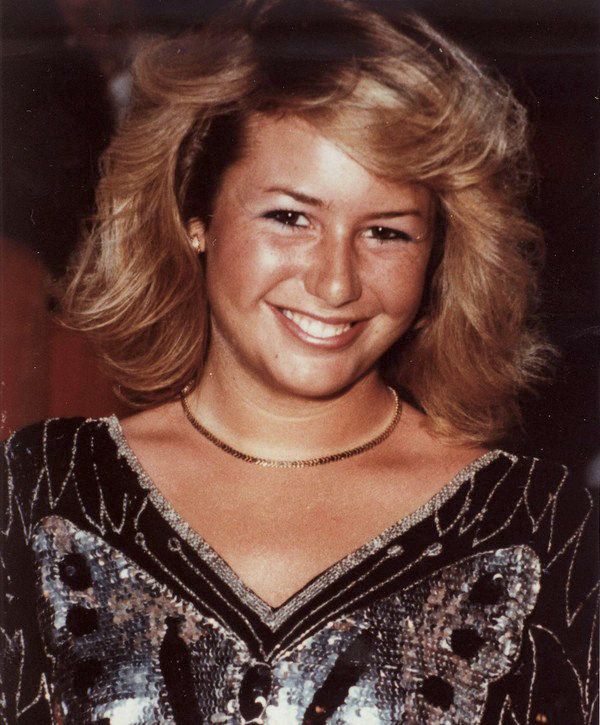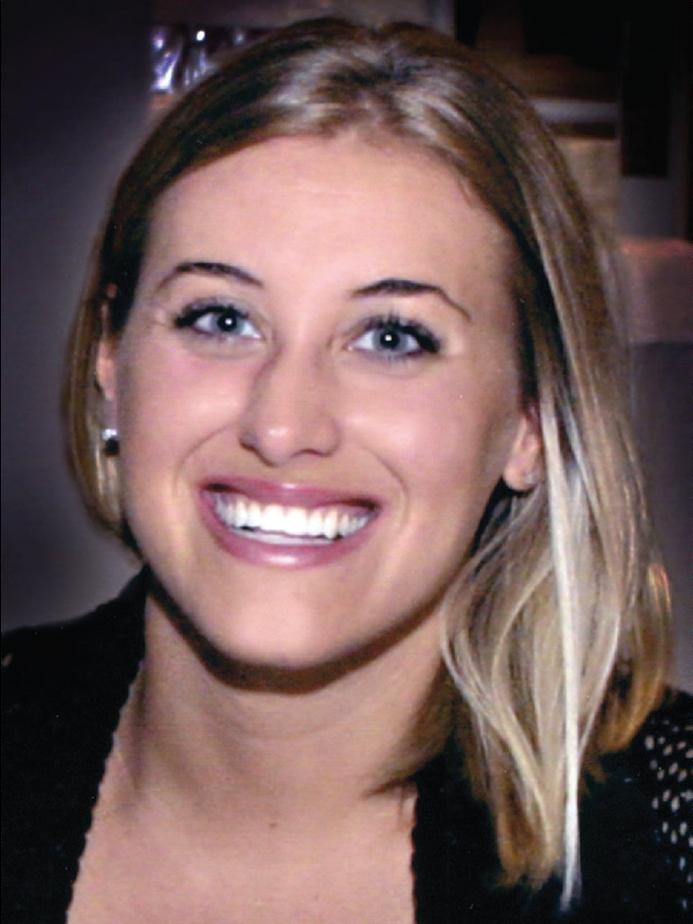Judge Perry's Order Sounds "Appealing"
 Thursday, September 15, 2011 at 8:43PM
Thursday, September 15, 2011 at 8:43PM In the beginning of September, 2008, the Orange County Sheriff’s Office said that lab tests confirmed that a decomposing body had been in the trunk of George and Cindy Anthony’s 1998 Pontiac Sunfire. “[FBI] laboratory evidence, along with additional evidence that has not been made public, leads investigators to the belief there is a strong probability that Caylee is deceased.”
Sgt. John Allen added that, “The information we’ve gotten back from the lab [was] that she was in the trunk of that car and that she is dead is certainly something we take seriously.”
By September 21, detectives noted that there were still lab tests pending, plus evidence not yet made public. According to OCSO, no homicide-related charges would be filed until they could determine if the child died and her body ended up in the trunk. As a matter of fact, throughout the month of September, it was looking very clear that Caylee was deceased and the odor of death in the trunk of the Pontiac and a combination of forensic evidence would be enough for an Orange County grand jury to indict her mother on First-Degree (Capital) Murder and other charges on October 14, including Aggravated Child Abuse, Aggravated Manslaughter of a Child, and four counts of Providing False Information to a Law Enforcement Officer.
Certainly, there was plenty of evidence by then to gain convictions as far as the public was concerned, but on July 5 of this year, a jury found the defendant not guilty of the first three felony charges and guilty of the remaining four misdemeanor charges of lying to law enforcement. The public was shocked and outraged. The State Attorney’s Office had put an awful lot of work into this case that took nearly three years to come to an abrupt end. Law enforcement kept plugging away even as the trial unfolded. Everyone on the state’s side wanted nothing more than justice, but during this period, costs spiraled higher and higher it wasn’t until recently that a matter of cost came before the court. Someone’s got to pay for all this labor intensive work, right?
On September 2, 2011, the state filed an “Amended Motion to Tax Special Costs of Investigation and Prosecution and to Reserve Jurisdiction” pursuant to Florida Statute 938.27. The original motion, “State of Florida’s Motion to Tax Special Costs of Investigation and Prosecution and to Reserve Jurisdiction” was filed on July 6, a day after the defendant was acquitted of the felony charges.
The amount the state was requesting was to the tune of $517,000, broken into separate agencies, including the Florida Department of Law Enforcement (FDLE), the Metropolitan Bureau of Investigation (FDLE), the Orange County Sheriff’s Office (OCSO), and last but not least, the State Attorney’s Office.
The state wanted the defendant to pay for the investigation from its inception, on July 15, 2008, when she told authorities her first lie, to December 19, 2008, the date when skeletal remains found a week earlier were positively identified to be those of Caylee Marie Anthony.
On paper, the state’s proposition sounded about right, but it wasn’t, according to the law. There’s no doubt the amount of hours it took to come this far were phenomenal. Who kept lying and lying and lying to police until her attorney put a clamp on her mouth? The fact remains that this whole affair could have ended a long time ago had it not been for her. She would have saved the state, not to mention taxpayers, tons of money had she just told the… [sorry, that word is not in her vocabulary].
I know my opinion on this is not going to be popular, but it follows how Judge Perry ruled today. Allow me to place myself in a situation that may shed a little light on the decision…
Suppose I’m visiting old friends in New Jersey during a specific time period. I rode up with a buddy. During that time someone (allegedly) stole my car and robbed a convenience store in my neighborhood. The perp is bald like me, so when the cops show the store owner my picture, he says, “That’s him!”
My car is impounded and examined, and the only set of prints on it are mine. Meanwhile, I come home to a 24-hour stake-out, and I’m promptly thrown to the ground, handcuffed and arrested. Here’s the deal - my friend is deposed but the cops don’t believe him. The state indicts me. Meanwhile, my friends in NJ are reluctant to testify on my behalf. Unfortunately, some of the evidence makes me look bad because the police find out I had been dating the owner’s daughter and we had a rocky relationship until it finally ended. It turns out the father never liked me to begin with.
Eventually, the case goes to trial, some of my out-of-state friends are subpoenaed, and the jury finds me not guilty. Should I be required to pay for the entire investigation? How about any of it? After all, ultimately, I did nothing wrong.
There’s the dilemma. Who foots the bill? In my case, it’s fairly cut-and-dry. I was, in no way, involved and the law is on my side. No one should pay money for an ill-fated investigation. How many people a year are charged by overzealous prosecutors? That’s not my point, though.
In this particular defendant’s case, she lead authorities to dead end after dead end. She lied through her teeth and impeded a legitimate investigation. The entire nation prayed that little Caylee would be found alive, while her devious mother laughed behind everyone’s back. She should be forced to pay, right? Well, yes and no.
The investigation into the missing toddler began on July 15, 2008, when Cindy Anthony made her desperate 911 calls. Yes, initially, it was a missing child case, but somewhere along the line, it switched from that to a murder investigation. Caylee was dead. That’s where the impounded Sunfire became so crucial. Sometime in September of 2008, the gears switched from missing to dead.
On September 2, 2011, the judge heard testimony from both sides. The state wanted the charges to encompass a five month period, from July 15 - December 19, 2008. The defense argued that their client was found not guilty of murder, including the other felony charges. How could the court force her to pay for something she was found not guilty of? The defense asked for the final tally to represent July 15 to September 30, a two-and-a-half-month period, because, after that date, investigators were no longer seeking a missing child - they were looking for a deceased one.
The judge agreed. Just like in my case, why should a person be forced to pay for an investigation when the verdict is in the defendant’s favor? If that were the case, police and prosecutors would be charging people left and right for crimes they never committed in order to fill state coffers. As much as Jose Baez’s client is unpopular, the law is the law and Judge Perry had to rule the way he did.
Section 938.27, Florida Statute (2011) provides, in part:
In all criminal and violation-of-probation or community-control cases, convicted [my emphasis] persons are liable for payment of the costs of prosecution, including investigative costs incurred by law enforcement agencies, [etc.] For purposes of this section, “convicted” means a determination of guilt, or of violation of probation or community control, [etc.]
The court shall impose the costs of prosecution and investigation notwithstanding the defendant’s ability to pay. The court shal require the defendant to pay the costs within a specified period or in specified installments.
In his ruling, Judge Perry acknowledged that “there are costs that may be taxed against Defendant because they were reasonably necessary to prove the charges in Counts 4 through 7, for which she was convicted.” Therein lies the crux of the argument. For which she was convicted. You cannot charge any amount of money on not guilty verdicts according to the law, no matter how one may personally feel. The judge had no choice because he had to follow the letter of the law.
While the judge acknowledged that there are no Florida cases dealing with apportioning the costs after a criminal trial when a defendant has been convicted of some charges but acquitted of others, there is some guidance in federal case law “which provides that costs associated exclusively with the prosecution of counts which are discharged cannot be assessed against the defendant.”
“When a statute is clear, courts will not look behind the statute’s plain language for legislative intent.” City of Miami Beach v. Galbut, 626 So. 2d 192, 193 (Fla. 1993), and Holly v. Auld, 450 So. 2d 217, 219 (Fla. 1984).
“A statute’s plain and ordinary meaning must control, unless this leads to an unreasonable result or a result clearly contrary to legislative intent.” State v. Burris, 875 So. 2d 408, 410 (Fla. 2004).
“Cost provisions are a creature of statute and must be carefully construed.” Wolf v. County of Volusia, 703 So. 2d 1033, 1034 (Fla. 1997).
Based on case law, Judge Perry decided that the costs incurred by investigators would be from July 15, 2008 through September 29, 2008. That was the period, he decided, all costs incurred were “reasonably related to the investigative work provided as a result of Defendant providing false information as to the location of her [then missing] daughter, Caylee Anthony, and making other mistrepresentations to law enforcement.”
End of story. We may not like it, but that’s the law and that’s why the judge ruled the way he did. The breakdown of what he granted looks like this:
- FDLE - $61,505.12
- MBI - $10,283.90
- OCSO - $25,837.96 (the Court found that several of the reports were not adequately broken down, and in order to reimburse OCSO for additional work, they must file a revised expense report with the Court by 4:00 PM on September 19. At that point, the order will be amended accordingly.)
- With regard to the costs incurred by the Office of the State Attorney, in accordance with Florida Statute 938.287(8), the State Attorney is entitled to a total amount of $50 for each of the misdemeanor convictions. Grand total? 200 buckeroos. Personally, I think it’s an insult,
All in all, the defendant will have to cough up $97,676.98, not a pittance by any means, but not close to the amount the state requested. How is she going to pay? Oh, I think her attorneys will find the tally quite “appealing”, if you get my drift. Speaking of drift, would we know how to contact Mr. Baez about this? I hear Aruba ta bunita this time of year.
FOOD FOR THOUGHT
On December 3, 2009, I met with Sgt. John Allen at the sheriff’s office on West Colonial Drive. This was in reference to a matter regarding something someone said to me and photographs I was shown that may have been relevant to the investigation. He called me the day before. After I gave him my testimony and filled out a report, we sat around for a few minutes and discussed different aspects of the case. At no time did he reveal anything that would be harmful had I written about it, but I told him I wouldn’t. We spoke on the phone 2-4 times after that, and at one point, he said it was okay for me to write whatever we had discussed. I had a green light, and one thing came to mind. He was emphatic about it, too. Up until the remains were found and identified, over 100 law enforcement personnel never gave up hope of finding Caylee alive. All around the country, investigators continued to follow up on leads. That’s how dedicated they were, and that tells me there’s a gray area the judge should have known about. Whether it can be substantiated, I don’t know, but it is worth considering, in my opinion.
 Dave Knechel | tagged
Dave Knechel | tagged  FBI,
FBI,  FDLE,
FDLE,  MBI,
MBI,  Sgt. John Allen | in
Sgt. John Allen | in  Casey Anthony,
Casey Anthony,  Caylee Anthony,
Caylee Anthony,  Chief Judge Belvin Perry,
Chief Judge Belvin Perry,  Cindy Anthony,
Cindy Anthony,  Dave Knechel,
Dave Knechel,  David B. Knechel,
David B. Knechel,  David Knechel,
David Knechel,  George Anthony,
George Anthony,  Human Interest,
Human Interest,  Marinade Dave,
Marinade Dave,  Marinade Dave Knechel,
Marinade Dave Knechel,  Marinade Dave’s Caylee Anthony Posts,
Marinade Dave’s Caylee Anthony Posts,  OCSO,
OCSO,  Orange County Sheriff’s Office,
Orange County Sheriff’s Office,  marinadedave |
marinadedave | 











 LEGAL NOTICE
©David B. Knechel. All Rights Reserved. No portion of this site can be reproduced in it's entirety or in part without expressed written permission by the owner/administrator of this site in accordance with the Digital Millennium Copyright Act. Section 512(c)(3) of the U.S. Copyright Act, 17 U.S.C. §512(c)(3). The charges against defendants are mere accusations and the subjects are presumed innocent until found guilty in a court of law.
LEGAL NOTICE
©David B. Knechel. All Rights Reserved. No portion of this site can be reproduced in it's entirety or in part without expressed written permission by the owner/administrator of this site in accordance with the Digital Millennium Copyright Act. Section 512(c)(3) of the U.S. Copyright Act, 17 U.S.C. §512(c)(3). The charges against defendants are mere accusations and the subjects are presumed innocent until found guilty in a court of law.